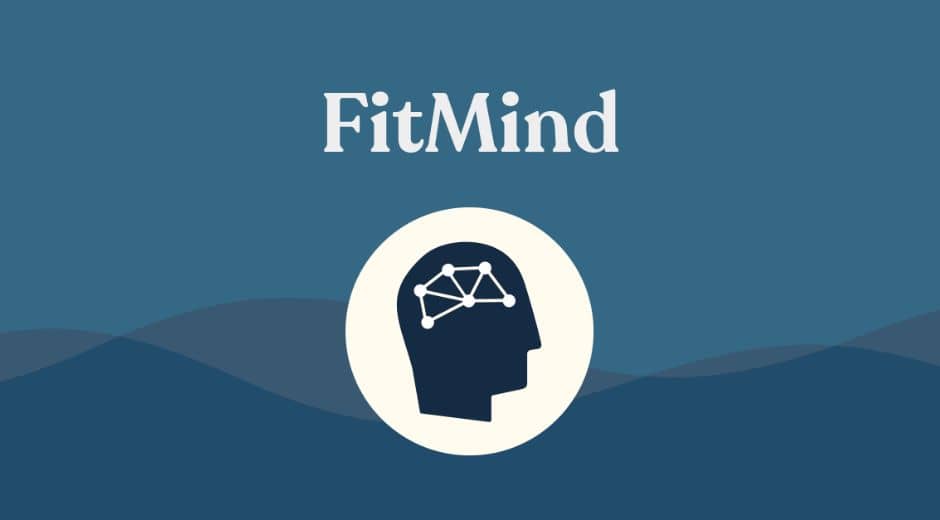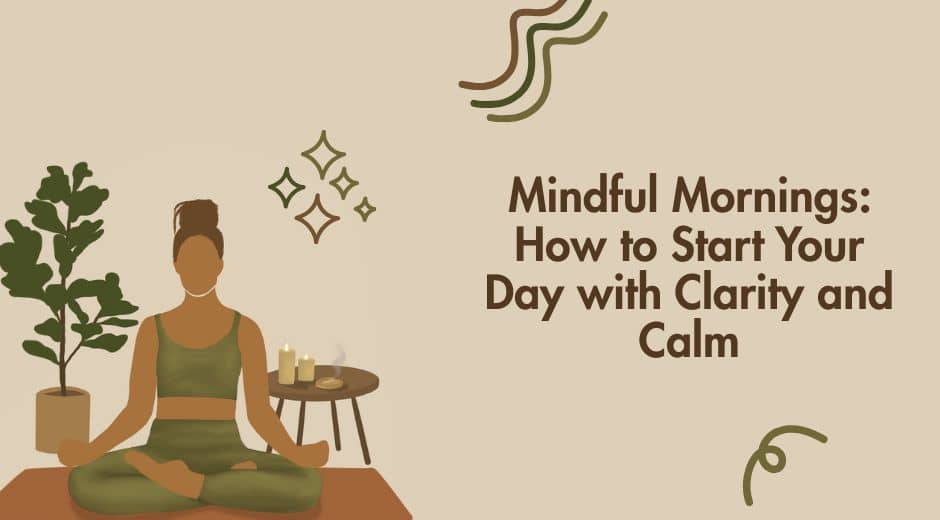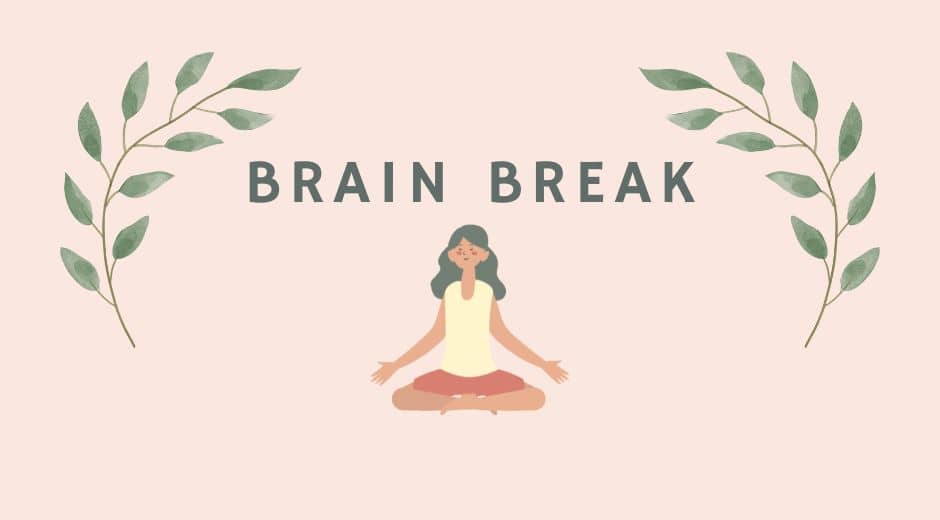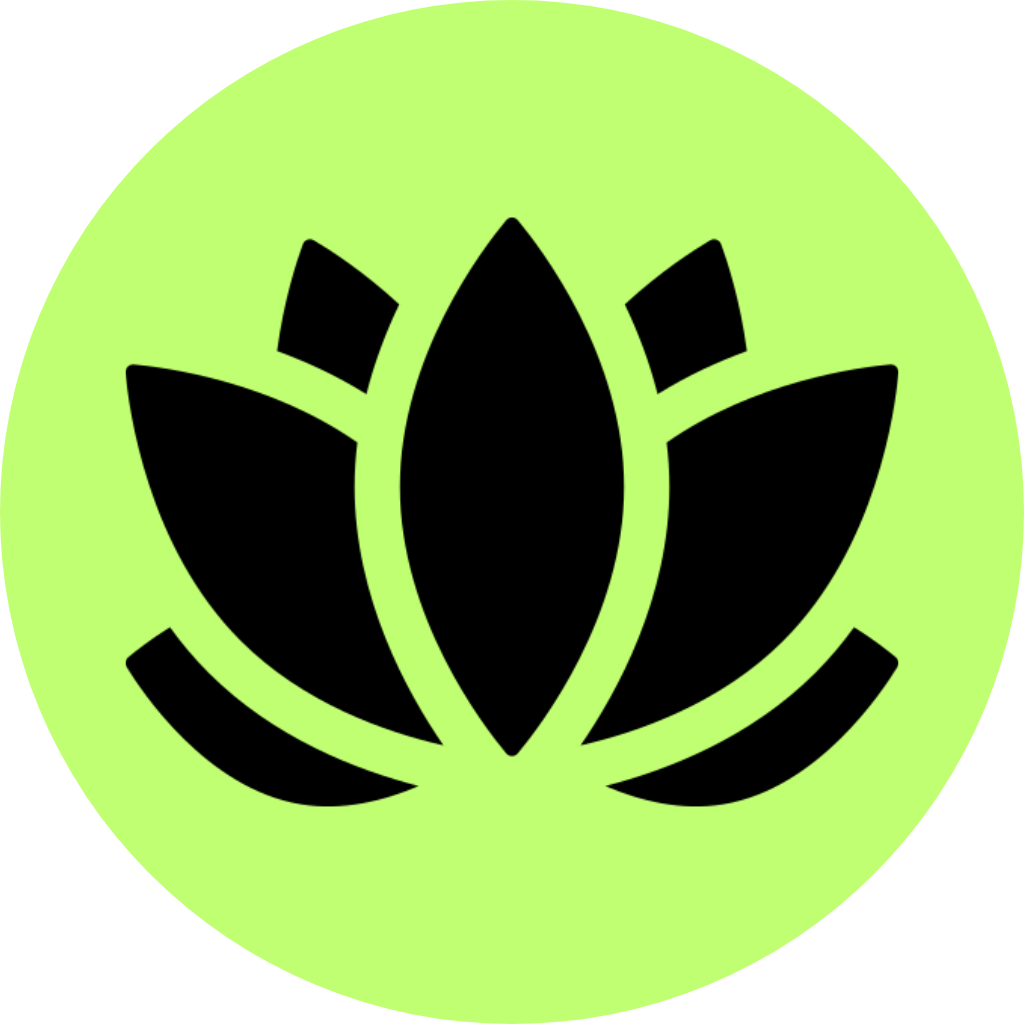Soft Skills: How to Master Soft vs Hard Skills for Success
Soft Skills: How to Master Soft vs Hard Skills for Success
Balancing soft skills and hard skills is essential for achieving success in today’s competitive world. While hard skills provide technical expertise, soft skills enhance communication, leadership, and adaptability. This guide will help you understand both skill types and offer practical ways to master them for personal and professional growth.
1. Understanding Soft Skills vs Hard Skills
Soft skills refer to interpersonal, communication, and emotional intelligence abilities, while hard skills are specific, teachable technical skills. Understanding the difference is the first step to mastering both. Soft skills include teamwork, empathy, time management, and problem-solving, whereas hard skills cover coding, accounting, scientific research, and data analysis. Recognizing where each applies allows you to strategically improve your overall effectiveness in both academic and professional environments.
For example, a software developer may have excellent coding abilities (hard skills) but struggle to explain their ideas clearly in a team setting. Strengthening soft skills in communication and collaboration ensures that technical expertise is utilized effectively and contributes to meaningful outcomes.
1. Understanding Soft Skills vs Hard Skills
Soft skills refer to interpersonal, communication, and emotional intelligence abilities, while hard skills are specific, teachable technical skills. Understanding the difference is the first step to mastering both. Soft skills include teamwork, empathy, time management, and problem-solving, whereas hard skills cover coding, accounting, scientific research, and data analysis. Recognizing where each applies allows you to strategically improve your overall effectiveness in both academic and professional environments.
For example, a software developer may have excellent coding abilities (hard skills) but struggle to explain their ideas clearly in a team setting. Strengthening soft skills in communication and collaboration ensures that technical expertise is utilized effectively and contributes to meaningful outcomes.
1. Understanding Soft Skills vs Hard Skills
Soft skills refer to interpersonal, communication, and emotional intelligence abilities, while hard skills are specific, teachable technical skills. Understanding the difference is the first step to mastering both. Soft skills include teamwork, empathy, time management, and problem-solving, whereas hard skills cover coding, accounting, scientific research, and data analysis. Recognizing where each applies allows you to strategically improve your overall effectiveness in both academic and professional environments.
For example, a software developer may have excellent coding abilities (hard skills) but struggle to explain their ideas clearly in a team setting. Strengthening soft skills in communication and collaboration ensures that technical expertise is utilized effectively and contributes to meaningful outcomes.
1. Understanding Soft Skills vs Hard Skills
Soft skills refer to interpersonal, communication, and emotional intelligence abilities, while hard skills are specific, teachable technical skills. Understanding the difference is the first step to mastering both. Soft skills include teamwork, empathy, time management, and problem-solving, whereas hard skills cover coding, accounting, scientific research, and data analysis. Recognizing where each applies allows you to strategically improve your overall effectiveness in both academic and professional environments.
For example, a software developer may have excellent coding abilities (hard skills) but struggle to explain their ideas clearly in a team setting. Strengthening soft skills in communication and collaboration ensures that technical expertise is utilized effectively and contributes to meaningful outcomes.
1. Understanding Soft Skills vs Hard Skills
Soft skills refer to interpersonal, communication, and emotional intelligence abilities, while hard skills are specific, teachable technical skills. Understanding the difference is the first step to mastering both. Soft skills include teamwork, empathy, time management, and problem-solving, whereas hard skills cover coding, accounting, scientific research, and data analysis. Recognizing where each applies allows you to strategically improve your overall effectiveness in both academic and professional environments.
For example, a software developer may have excellent coding abilities (hard skills) but struggle to explain their ideas clearly in a team setting. Strengthening soft skills in communication and collaboration ensures that technical expertise is utilized effectively and contributes to meaningful outcomes.
Education Made Simple
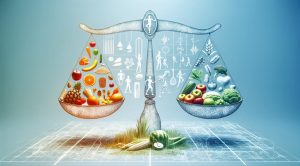
Energy Balance Habits For Sustainable Performance
Energy Balance Habits For Sustainable Performance

Holistic Body Care Beyond Exercise And Diet
Holistic Body Care Beyond Exercise And Diet

Physical Ease Practices For Pain Free Movement
Physical Ease Practices For Pain Free Movement

Why Athletes Load Manage: Protecting the Body for the Long Game
Why Athletes Load Manage: Protecting the Body for the Long Game









